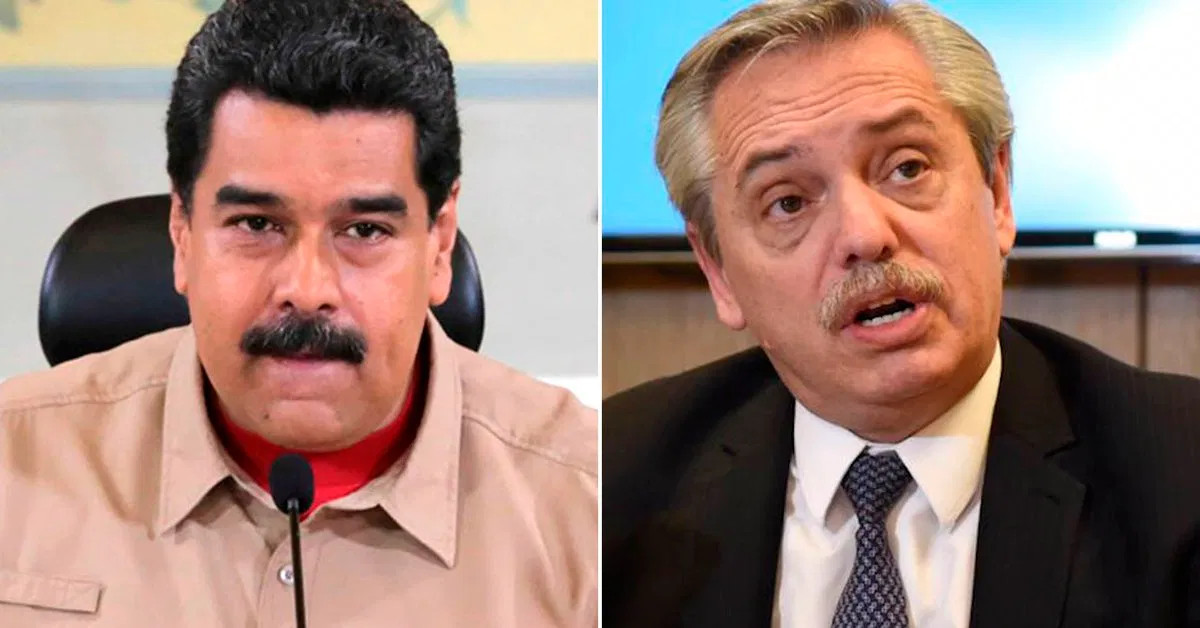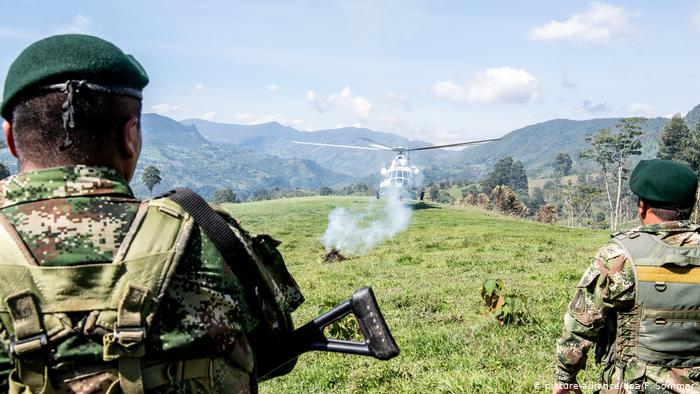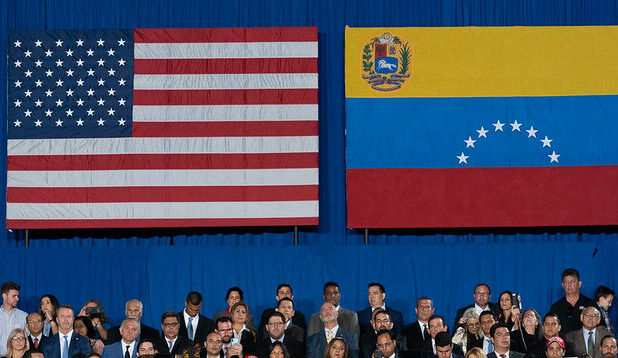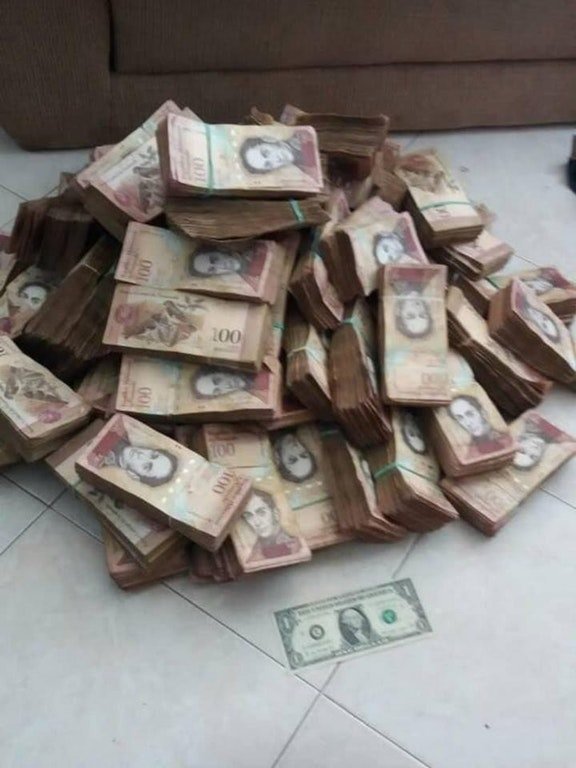Saying the group’s actions to isolate Venezuela in order to bring a peaceful resolution to the country’s crisis have led to nothing, the government of Alberto Fernadez has formally taken his country out of the Lima Group, a South and Central American group of nations plus Canada formed to address issues of hyperinflation, escalating starvation, disease, crime and mortality that have befallen Venezuela in the economic and political crisis that began under ex-president Hugo Chavez over a decade ago.
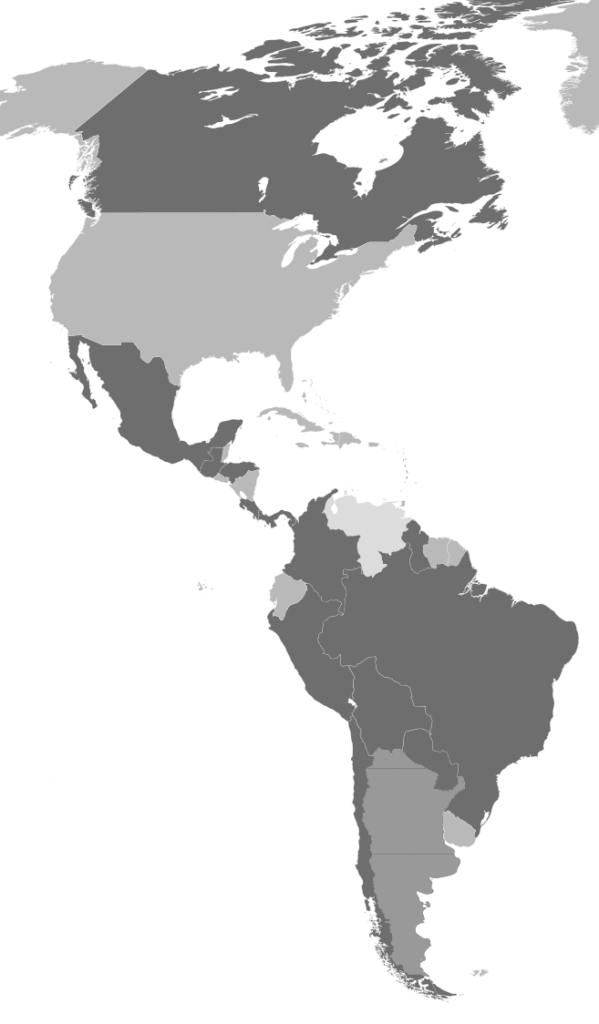 The exit was effective March 24, said a press release by the country’s Foreign Relations office. “Argentina will continue to maintain its commitment to stability in the region, and will seek to direct peaceful, democratic solutions that are respectful of the sovereignty and internal affairs of each State,” it concluded.
The exit was effective March 24, said a press release by the country’s Foreign Relations office. “Argentina will continue to maintain its commitment to stability in the region, and will seek to direct peaceful, democratic solutions that are respectful of the sovereignty and internal affairs of each State,” it concluded.
By Milan Sime Martinic
